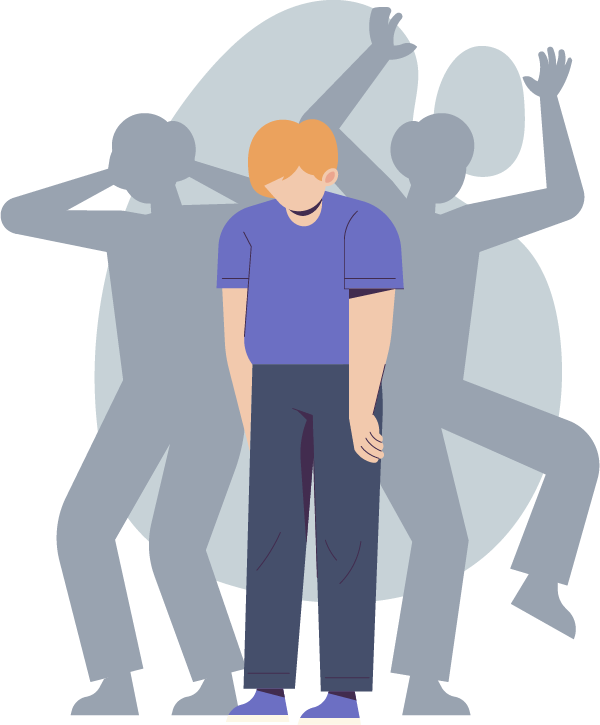
Bipolar Disorder
Bipolar disorder is a complex mood disorder characterized by dramatic and often severe swings in mood, energy, and activity levels. This condition leads to episodes of mania, marked by elevated and excessively energetic moods, as well as episodes of depression, characterized by intense feelings of sadness and hopelessness. These mood episodes can vary in duration, ranging from days to several months, and they significantly impact various aspects of an individual’s life.
Bipolar disorder affects not only emotions but also cognitive functions, judgment, decision-making, relationships, and overall quality of life. During manic episodes, individuals may engage in risky behaviors, experience impaired judgment, and struggle with impulsivity. In contrast, depressive episodes can lead to social withdrawal, loss of interest in previously enjoyed activities, and a pervasive sense of despair.
Fortunately, bipolar disorder is treatable, and several therapeutic options are available:
Mood Stabilizers: Medications like lithium and certain anticonvulsants help stabilize mood swings and reduce the frequency and severity of manic and depressive episodes.
Antipsychotics: These drugs are often used in conjunction with mood stabilizers to manage severe manic or mixed episodes.
Antidepressants: In some cases, antidepressants may be prescribed during depressive episodes. However, they are typically used cautiously, as they can trigger manic episodes in some individuals.
Psychotherapy: Therapy, including cognitive-behavioral therapy (CBT) and interpersonal therapy, can help individuals with bipolar disorder manage their symptoms, develop coping strategies, and maintain a stable routine.
Lifestyle Modifications: Adopting a healthy lifestyle, including regular exercise, a balanced diet, and adequate sleep, can be essential for managing bipolar disorder.
Support Networks: Building a strong support network, involving family and friends, can provide crucial assistance in managing the condition and preventing relapses.
Bipolar disorder requires ongoing treatment and monitoring, as it is a chronic condition. The key to effectively managing bipolar disorder is a comprehensive approach that combines medication, therapy, and lifestyle adjustments tailored to each individual’s needs. With the right treatment and support, individuals with bipolar disorder can lead fulfilling lives and minimize the impact of mood fluctuations.
